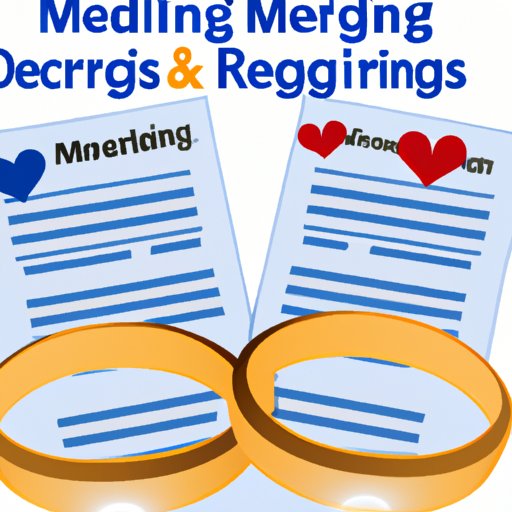How Can I Find Out About Someone

The quest to uncover information about an individual is increasingly common, but navigating the legal and ethical landscape is crucial. Accessing details requires understanding available resources and respecting privacy boundaries.
This article provides an overview of methods to find information on someone, emphasizing legal and ethical considerations. It highlights publicly available records, online search techniques, and professional investigation options while cautioning against illegal practices.
Public Records: A Foundation for Information
Public records are a valuable starting point. These records, maintained by government agencies, are generally accessible to the public.
County courthouses are often the first place to look. They house records of property ownership, marriages, divorces, and court cases.
You can find information on real estate holdings, liens, and judgments. Many counties now offer online access to these records, streamlining the search process.
State agencies also maintain various public records. These might include business licenses, professional certifications, and criminal records.
Access to criminal records varies by state and may require a specific reason or court order. Check the specific requirements of the relevant state agency.
Online Search Engines and Social Media
Online search engines are indispensable tools. Typing a person's name into Google, Bing, or DuckDuckGo can yield surprising results.
Combine the name with other known details, such as location or profession, to narrow the search. Reviewing search results critically is important; not all information found online is accurate.
Social media platforms are a rich source of personal information. Sites like Facebook, LinkedIn, and Twitter often contain details shared by individuals themselves.
Examine profiles, posts, and photos for clues about a person's life, interests, and connections. Be aware that privacy settings can limit access to information.
Utilize advanced search operators within social media platforms to refine your search. These operators can help you find specific keywords or phrases related to the person.
People Search Engines: Specialized Tools
People search engines aggregate data from various sources. These platforms, like WhitePages, ZabaSearch, and BeenVerified, compile information from public records, social media, and other databases.
They can provide addresses, phone numbers, email addresses, and even possible relatives. Some services offer background checks for a fee.
Exercise caution when using these services. Verify the accuracy of the information obtained, as errors can occur.
Professional Investigators: When Expertise is Needed
In complex cases, hiring a private investigator might be necessary. Licensed investigators have access to databases and resources not available to the general public.
They can conduct surveillance, interview sources, and perform in-depth background checks. Hiring an investigator can be costly, but it can provide valuable insights.
Ensure the investigator is licensed and reputable. Check their credentials and read reviews before hiring them.
Ethical and Legal Considerations: Avoiding Pitfalls
It is crucial to respect privacy laws and ethical boundaries. Avoid accessing information illegally or without authorization.
The Fair Credit Reporting Act (FCRA) regulates the use of consumer reports. Using information obtained for illegal purposes, such as stalking or harassment, is strictly prohibited.
Be transparent about your intentions when seeking information. Misrepresenting yourself or your purpose is unethical and potentially illegal.
Red Flags and Precautions
Be wary of websites that promise too much information for free. These sites may be scams or data harvesting operations.
Protect your own privacy when conducting searches. Use a secure internet connection and avoid sharing personal information unnecessarily.
Document your search process and the sources of your information. This can help you verify the accuracy of your findings.
Moving Forward: Ensuring Accuracy and Legality
The information landscape is constantly evolving, necessitating a cautious and informed approach. Always verify information from multiple sources.
Continually update your understanding of privacy laws and regulations. Consult with legal counsel if you have any doubts about the legality of your actions.
By employing these strategies responsibly, you can effectively gather information while respecting ethical and legal guidelines. Always prioritize accuracy and legality in your search for information about others.
![How Can I Find Out About Someone How to Find Out Where Someone Lives Instantly? [SOLVED] - Family Orbit Blog](https://www.familyorbit.com/blog/wp-content/uploads/2022/08/find-out-where-someone-lives-809x485.png)



![How Can I Find Out About Someone How to Find Out Where Someone Lives Instantly? [SOLVED] - Family Orbit Blog](https://www.familyorbit.com/blog/wp-content/uploads/2022/08/track-cell-phone-google-map-1024x614.jpeg)







![How Can I Find Out About Someone [Step-by-step] How to Find Someone's Birthday on Snapchat](https://images.imyfone.com/famiguarden/assets/article/monitor/how-to-find-someones-birthday-on-snapchat.jpg)





